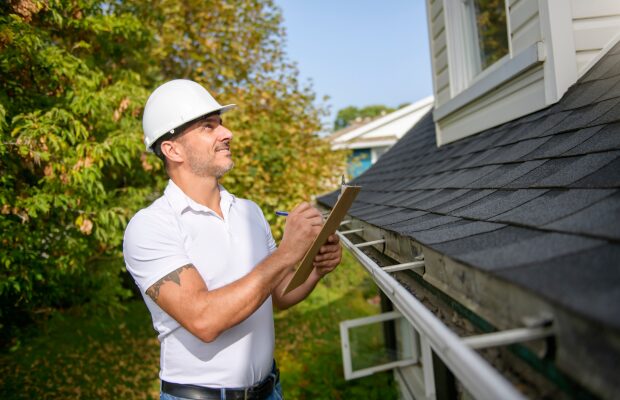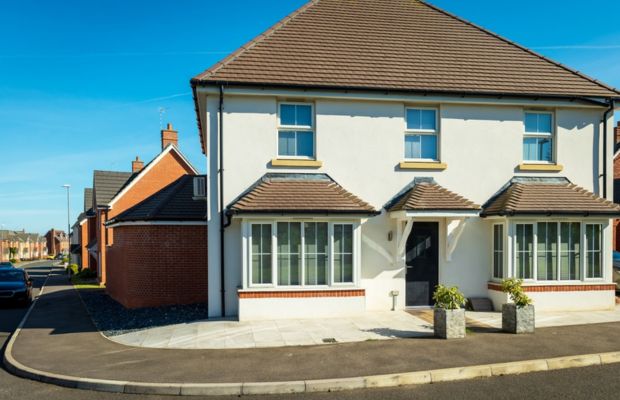If you’re looking to buy a new home, it is important to make sure it’s in good condition before you proceed with the sale. The best way to do this is with a home survey, which will uncover any issues with the property you are looking to buy.
Let’s take a look at why a home survey is so important and the different types that are available to you.
Looking for a new home? Search our latest properties
What is a home survey?
A home survey is an assessment carried out by a professional surveyor to evaluate the condition of a property. Its purpose is to identify any structural issues, defects, or potential problems with the building. Surveys can vary in depth and detail, ranging from basic visual inspections to more detailed safety inspections.
It is important to note that a home survey is different from a mortgage lender’s valuation. A lender’s valuation checks that the property is worth the price but does not assess the property’s structure in detail.
Related: How do down valuations affect your house sale?
Do you need a survey when buying a home?
Although it is not a legal requirement to have a survey carried out on a property you’re buying, doing so could save you a lot of money and hassle if it reveals an issue with the property.
If problems do arise, you can ask the seller to rectify them before you proceed with the purchase, or even renegotiate the price to cover the cost of paying for repairs yourself. It therefore gives you a clearer picture of the property’s condition and peace of mind that you’re making a well-informed decision when investing in a new home.
Types of home surveys
There are several types of home surveys, all with varying levels of detail. The type you need depends on the age and condition of the property you are buying.
RICS Level 1 Home Survey (Condition Report)
The most basic type of home survey, known as a Level 1 survey, is intended for conventional properties in relatively good condition. It uses a traffic light system to assess the overall condition of various sections of the property and provides a summary of potential risks.
How much does it cost?
The price of this survey typically ranges from £300 to £900.
When to choose it?
A Level 1 survey is suitable if you’re buying a home in good condition that was built less than 50 years ago and are simply looking to confirm there are no major issues.
RICS Level 2 Home Survey (Homebuyer Report)
The mid-level survey is typically the most popular choice as it gives a balanced assessment of properties in a reasonable condition.
The mid-level survey encompasses all the details found in a Level 1 survey, along with an inspection of the cellar and roof space. It also draws attention to problems like damp and subsidence and flags anything that doesn’t adhere to current building regulations. The surveyor will provide recommendations on how to budget for any necessary minor repairs.
How much does it cost?
This survey usually costs somewhere between £400 and £1,000.
When to choose it?
This type of survey is recommended if you’re buying a property that’s in reasonable condition, but would still like a detailed assessment.
Related: Buying a house with subsidence: Everything you need to know
RICS Level 3 Home Survey (Building Survey)
The most thorough type is a Level 3 survey, which is a comprehensive assessment of both the property’s structure and condition.
The surveyor can be more detailed in their checks. Unlike the other levels, they can check under furniture, behind cupboards, and under floorboards. The surveyor will not only list all necessary repair work but also provide an estimated timeframe and cost for any recommended work.
How much does it cost?
This survey does come at a price, typically ranging from £630 to £1,500.
When to choose it?
A Level 3 survey is ideal if you’re buying a home that was built over 50 years ago or is in poor condition.
Related: Your guide to buying a converted property
New-build snagging surveys
If you’re purchasing a new-build home, you probably won’t need a RICS home survey. However, if you do wish to have a surveyor carry out checks, you can pay for a snagging survey. This finds cosmetic issues rather than structural problems.
Related: Buying a new-build home: The ins and outs
Before you move in, you can give the builder your snagging report so they can resolve any issues.




